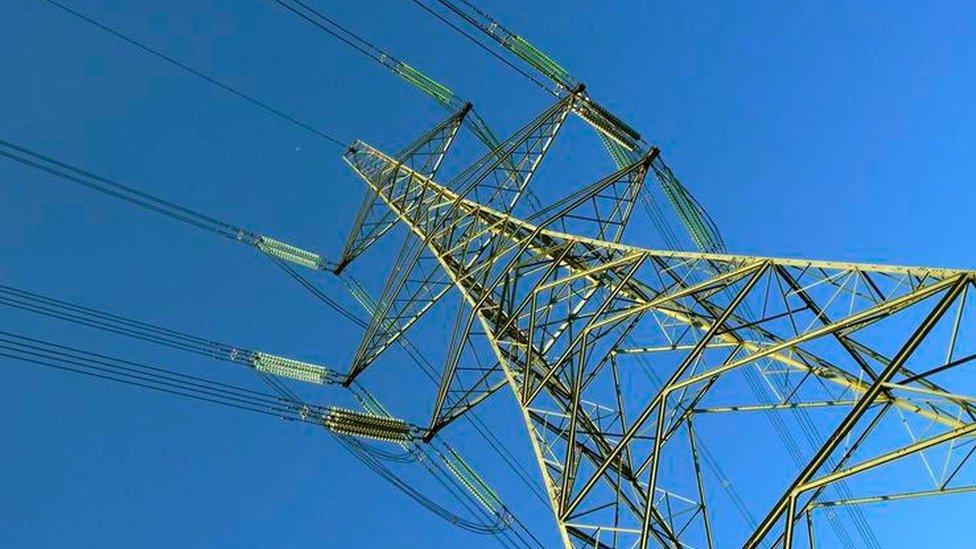South Somerset Council: Battery bank generates cash for frontline services
- Published
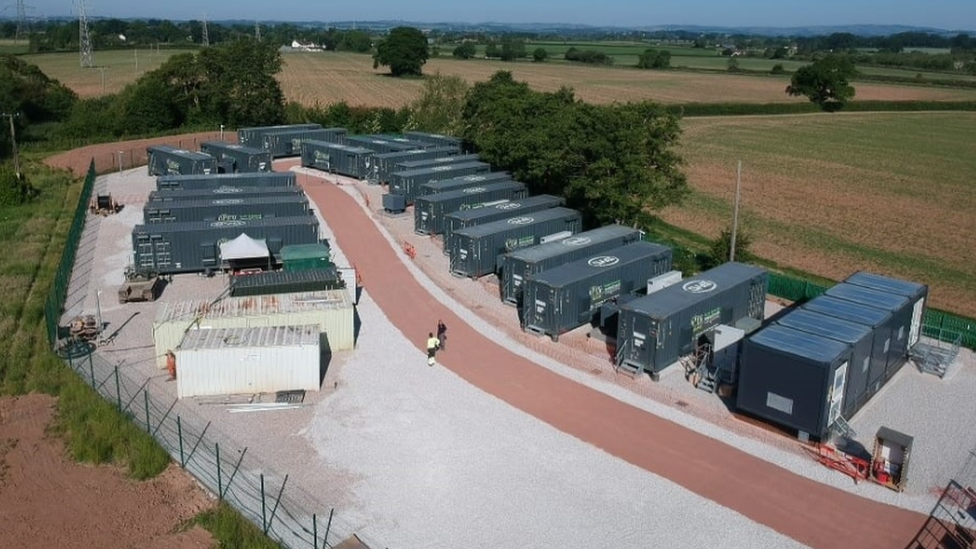
South Somerset Council said the capacity of the power banks will be increased to 30MW by the end of the summer
A 25-megawatt battery-based energy storage system has been connected to the electricity grid to store surplus power from wind and solar plants.
Located in a field near Taunton, it works by buying and storing electricity when it is cheap and then selling it at peak demand for a profit.
It also helps the National Grid balance the demand on the supply network.
South Somerset District Council is hoping to make a return of up to 14% on its investment
The money made will be put back into supporting frontline services.
At present there are times when more electricity is generated than needed so part of this surplus is "banked" and sold back for a higher price on energy markets.
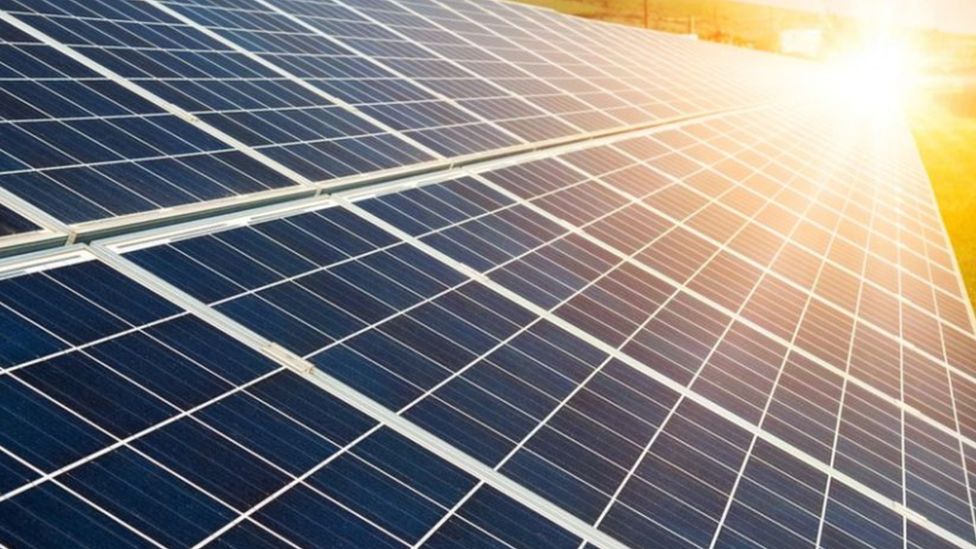
With solar and wind power there are times of the day when more electricity is generated than is needed
Councillor Sarah Dyke said in a climate emergency, green energy sites "make a powerful statement" about its commitment to reducing in carbon emissions by 2030.
Dr Maik Schneider, from the University of Bath's Department of Economics, said energy storage technologies were part of the transition to a greener economy.
He said without seeing the figures it was difficult to comment specifically but an estimated return of 7-14% seemed "high but achievable".
He added with even a return of 4-5% it could bring in a reasonable income but warned the model may not be as profitable in the long term.
"There's the risk of having a lot of eggs in one basket or other large competitors entering the market.
"And as more batteries come online, the price disparities of electricity will tend to flatten... and trading on the margin becomes less profitable."
According to the trade association RenewableUK, energy storage systems are set to grow from 1GW to 23GW, with 10GW in development.
- Published4 May 2020
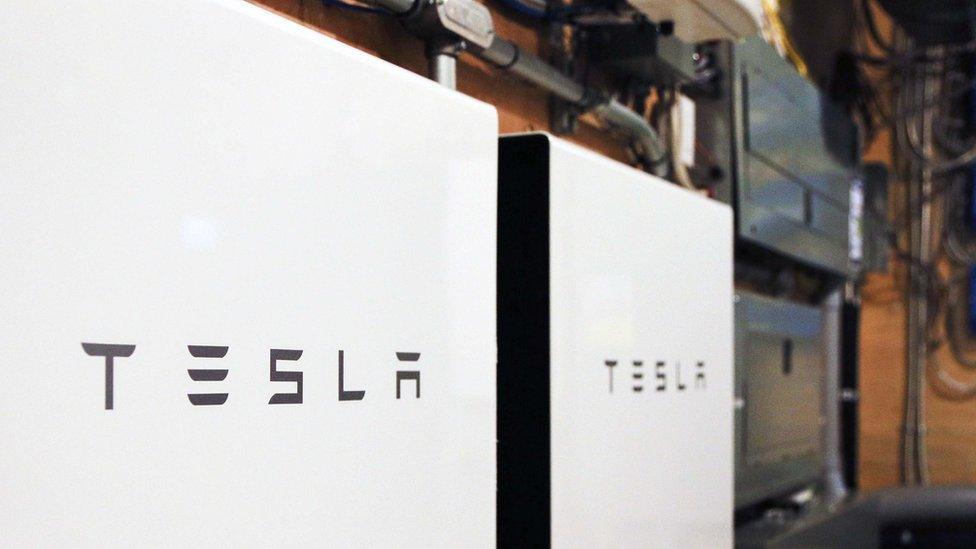
- Published1 May 2020
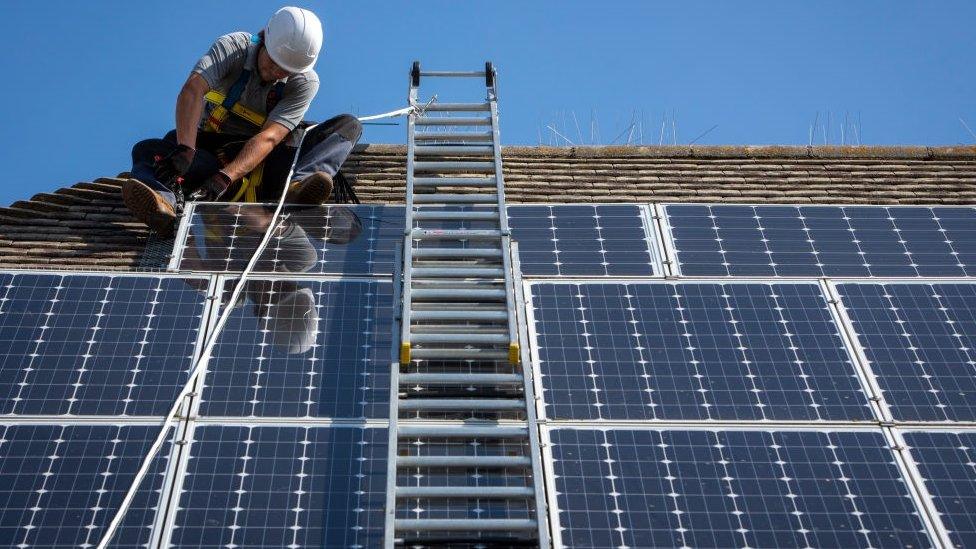
- Published3 March 2020
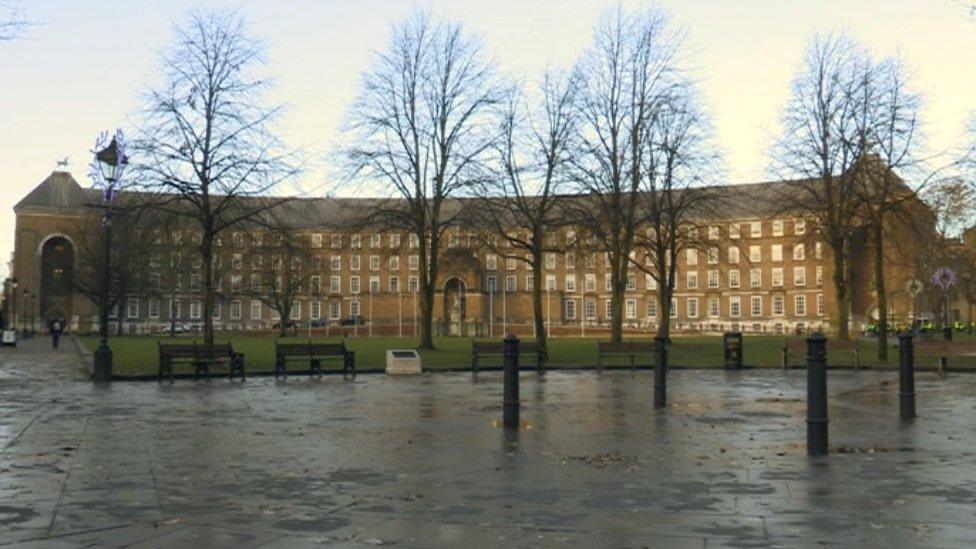
- Published17 October 2019
- Published24 June 2019
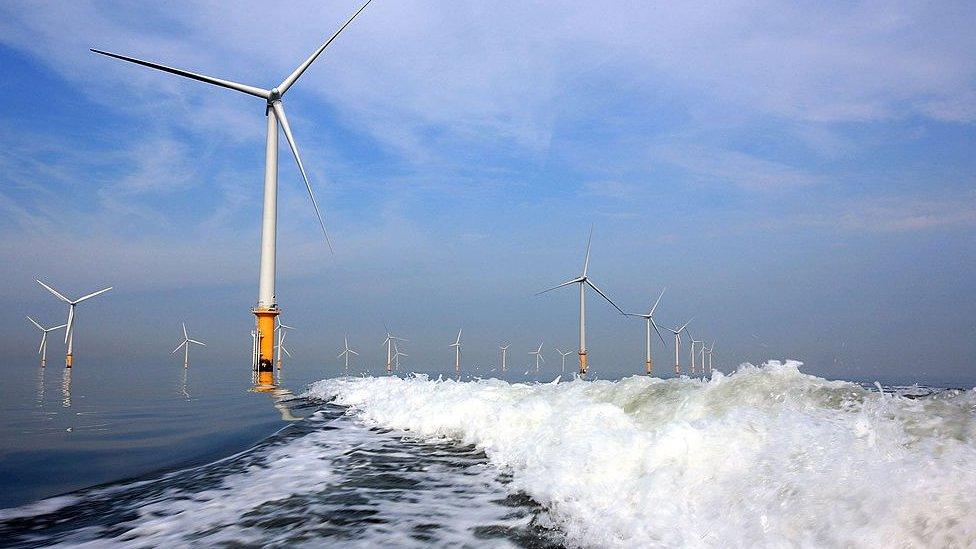
- Published4 November 2015
